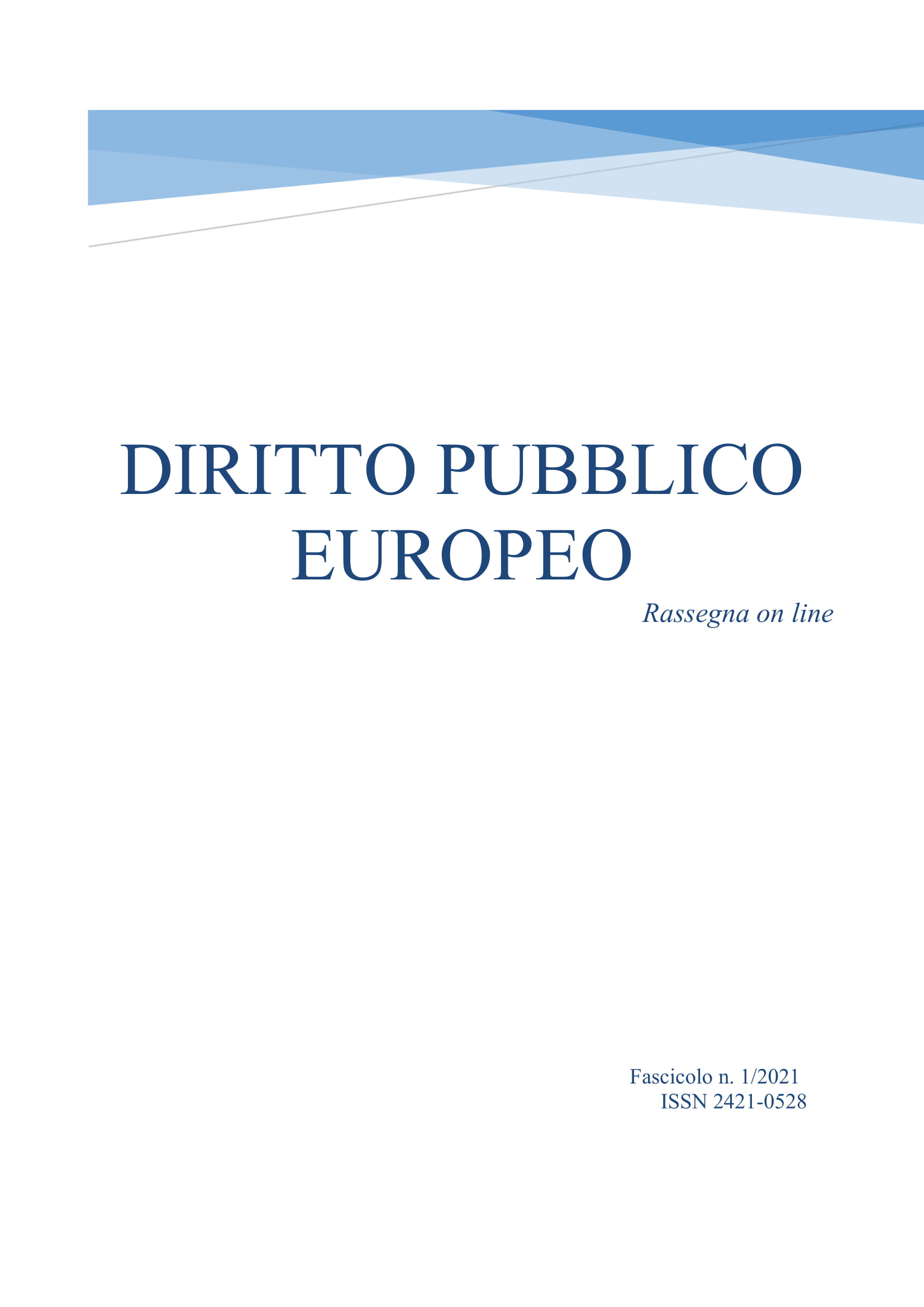Reflections on the patient's free self-determination in the choice of medical treatment: a comparative look at Italy and Albania
DOI:
https://doi.org/10.6092/2421-0528/8025Keywords:
free self-determination, physical and psychological integrity, informed consentAbstract
The patient's right to free self-determination in the choice of medical treatment represents a fundamental right of the person and an indispensable condition in the therapeutic relationship, aimed at protecting the physical and psychological integrity, health, life, and dignity of the human being. This constantly evolving law represents today one of the most complex and debated issues in Italian doctrine and jurisprudence, especially regarding end-of-life issues.
A new perspective on the right to free self-determination is offered by the decision of the Italian Constitutional Court, which declares the partial unconstitutionality of assisting suicide (article 580 Italian criminal code), in the part in which it does not exclude the punishment of those who help a person who is freely and autonomously determined to commit suicide. This decision seems to cast doubt on the orientation according to which the individual has no discretion in deciding to end his life.
Regarding the Albanian legislation, the freedom to accept or refuse a specific medical treatment or to choose an alternative form of treatment is guaranteed, but it represents a new and little discussed issue both in doctrine and jurisprudence. The latter have a different approach to free self-determination and consider it a predominantly ethical rule. Only recently has been noted in the jurisprudence the orientation that values the patient's autonomy in the choice of medical treatment, considering the violation of this right source of civil liability for the doctor.


